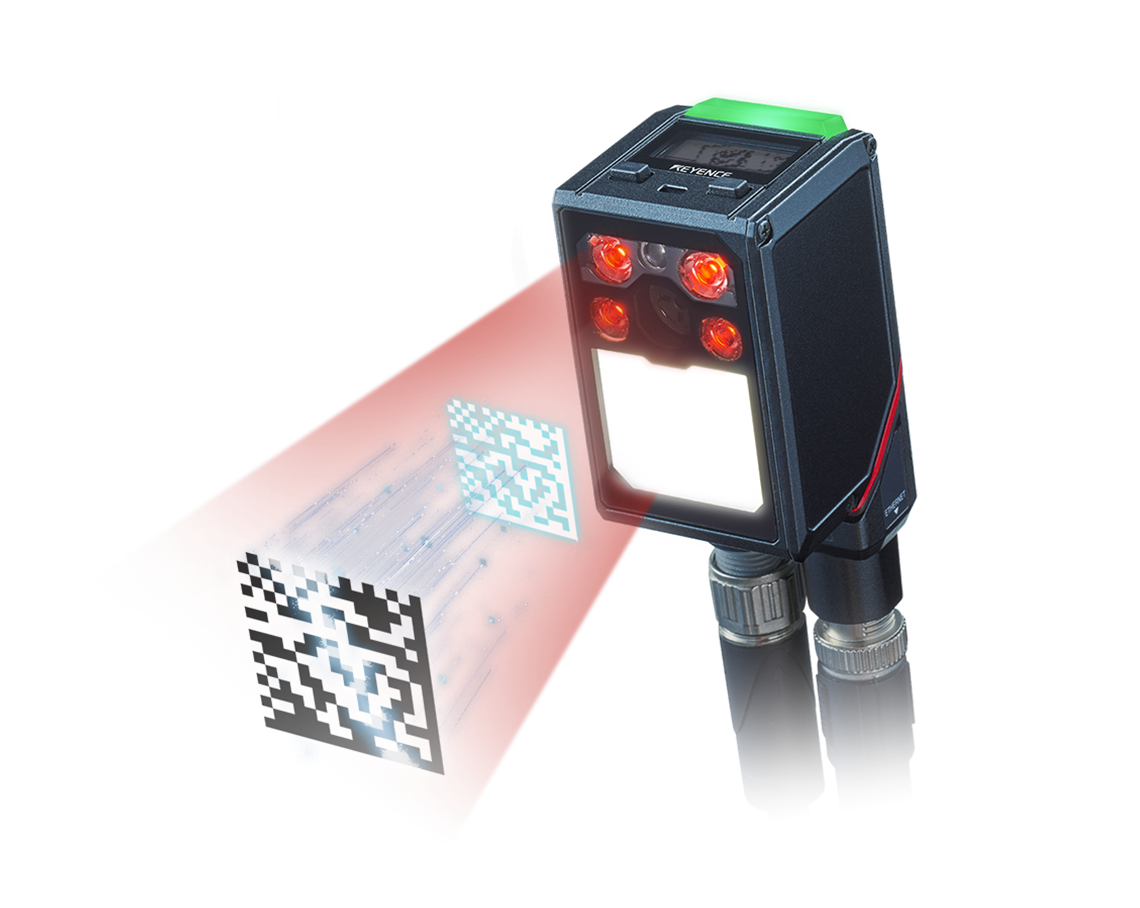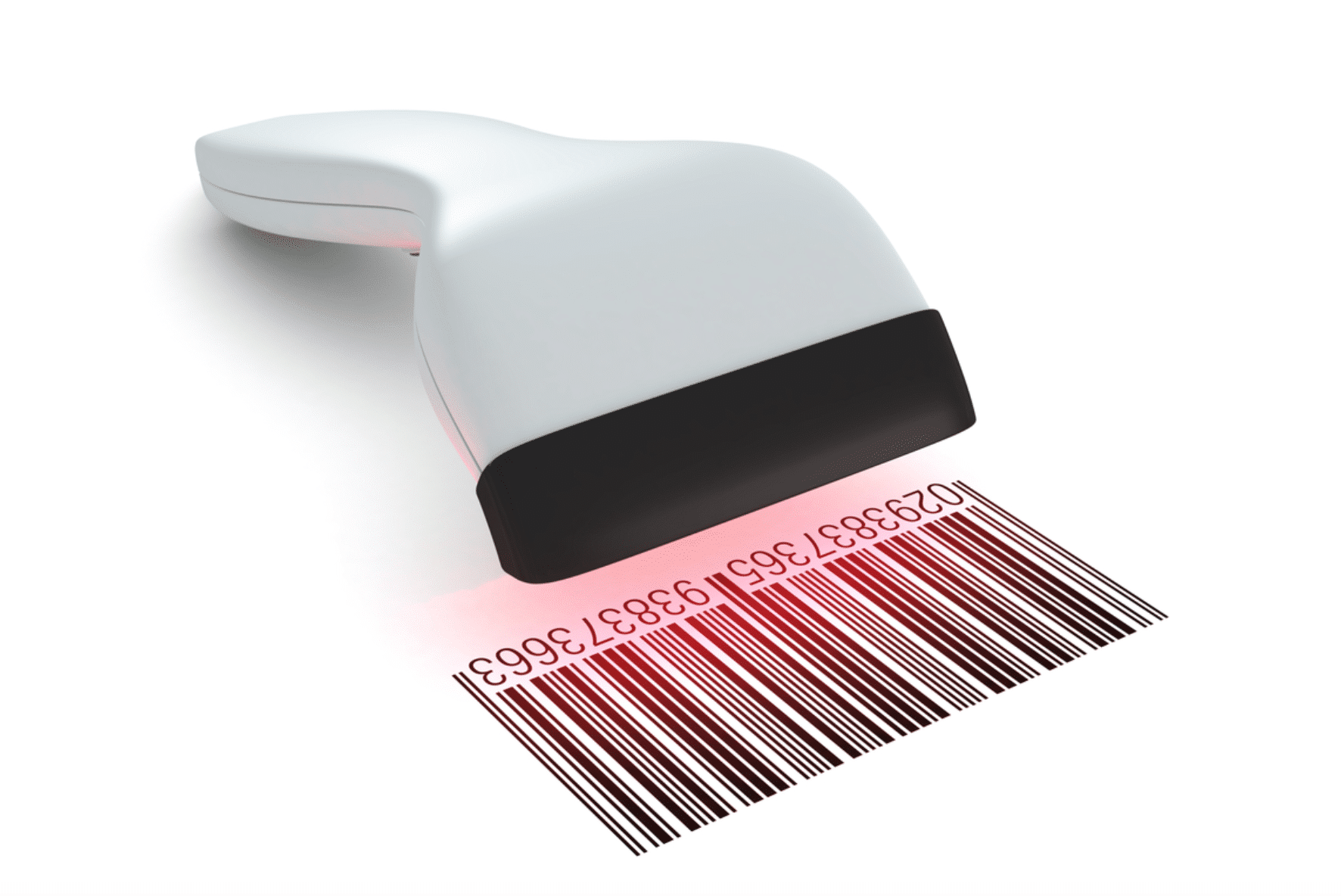Picking the Right Barcode Scanner for Your Company Demands
Selecting the suitable barcode scanner for your company requires a nuanced understanding of your particular operational demands and ecological problems. Variables such as scanner kind, speed, and compatibility with existing systems play a critical function in determining the right choice.
Recognizing Barcode Scanner Kind
When it pertains to choosing a barcode scanner, understanding the different kinds offered is essential for meeting details organization requirements. Barcode scanners can be categorized into a number of types, each made for various applications and environments.
Fixed-mount scanners, on the other hand, are made for high-volume scanning applications, commonly found in setting up lines or check out counters. These scanners are mounted in a fixed position, enabling for rapid scanning of several things in succession.
One more kind is the mobile computer system, which combines scanning abilities with computing power. These devices are suitable for area procedures or storage facility monitoring, allowing data collection and real-time inventory tracking. In addition, there are commercial scanners that are developed to hold up against rough settings, such as severe temperatures or exposure to dust and moisture.

Key Functions to Think About
What necessary attributes should businesses focus on when picking a barcode scanner? Scanning rate is important, as faster scanners boost functional effectiveness, particularly in high-volume atmospheres. The scanner's capability to read various barcode formats is additionally essential; guarantee it sustains prominent types like QR codes, UPC, and Code 128 to fit diverse inventory things.
Resilience is another key attribute, specifically for organizations in sturdy setups. Search for models that are constructed to hold up against decreases, dust, and moisture. Additionally, take into consideration the connection options available; whether you favor USB, Bluetooth, or Wi-Fi, the ideal connectivity can improve integration with existing systems.

Examining Your Business Setting
To successfully choose a barcode scanner, businesses need to take stock of their certain operational atmosphere. This assessment consists of reviewing the physical layout of the office, the nature of the products being scanned, and the normal conditions under which scanning occurs. A retail setting might need portable scanners that can promptly process deals at the check out, while a stockroom setup might benefit from ruggedized scanners made to withstand harsher problems.
Furthermore, take into consideration the quantity of scanning required. High-throughput environments may necessitate advanced scanning modern technologies, such as fixed-position scanners or mobile devices that can operate efficiently in hectic circumstances. The combination capacities with existing inventory administration systems likewise play a critical duty; ensure the chosen scanner can flawlessly attach with software systems being used.
A scanner that satisfies current needs may not be enough as business expands. By extensively analyzing these aspects, companies can select a barcode scanner that not just satisfies immediate demands however also sustains long-term functional effectiveness and flexibility. barcodes scanners.
Budgeting for Your Scanner
Having actually assessed the functional atmosphere and recognized the specific needs for a barcode scanner, the next action includes mindful budgeting to ensure a wise financial investment. Developing a budget plan starts with identifying the general expenses connected with the scanner, including first purchase rate, functional expenditures, and possible maintenance fees.
When picking a barcode scanner, consider the variety of available alternatives, from portable devices to fixed-position scanners, as prices can vary dramatically. It is necessary to stabilize price see with performance; deciding for a more economical version may result in boosted functional inefficiencies if it does not satisfy your organization needs.
Along with the equipment, variable in costs associated with software, training, and potential upgrades. While it may be appealing to decrease ahead of time expenditure, purchasing a quality scanner that straightens with your functional needs can yield long-term savings with enhanced effectiveness and lowered downtime.
Lastly, consider the total expense of ownership, which includes the scanner's life expectancy and prospective resale value. By thoroughly intending your spending plan, you can make certain that your financial investment in a barcode scanner will certainly boost your functional efficiency and economic performance.
Integration With Existing Systems
Integrating a barcode scanner with your existing systems is important for maximizing its effectiveness and guaranteeing seamless operations. barcodes scanners. A well-integrated scanner boosts workflow efficiency, reduces errors, and accelerates data handling. When picking a barcode scanner, consider compatibility with your existing software program and hardware infrastructure, including your stock monitoring systems, point-of-sale (POS) systems, and enterprise resource planning (ERP) remedies
Evaluate whether the scanner uses typical methods such as USB, Bluetooth, or Wi-Fi, which can assist in very easy combination. Additionally, analyze whether the scanner's software application provides APIs or SDKs that permit modification and assimilation with proprietary systems. This is especially crucial for companies with special operational needs.
Moreover, think about the scalability of the scanning option. As your organization expands, your systems ought to have the ability to fit extra scanners and manage enhanced data volumes without considerable reconfiguration. Ultimately, buying a barcode scanner that effortlessly integrates with your existing systems will generate long-term advantages, improving precision, efficiency, and overall efficiency within your procedures. Make the effort to thoroughly evaluate your integration needs prior to useful site making an acquisition choice.

Conclusion
In conclusion, selecting an appropriate barcode scanner demands a comprehensive evaluation of various elements, including scanner kinds, essential attributes, and the details service atmosphere. Proper budgeting for both great post to read acquisition and operational prices is imperative, along with making certain compatibility with existing systems. By thoroughly thinking about these elements, organizations can improve performance and efficiency, ultimately causing enhanced operational end results. The ideal barcode scanner acts as an essential device in enhancing procedures and helping with efficient supply monitoring.